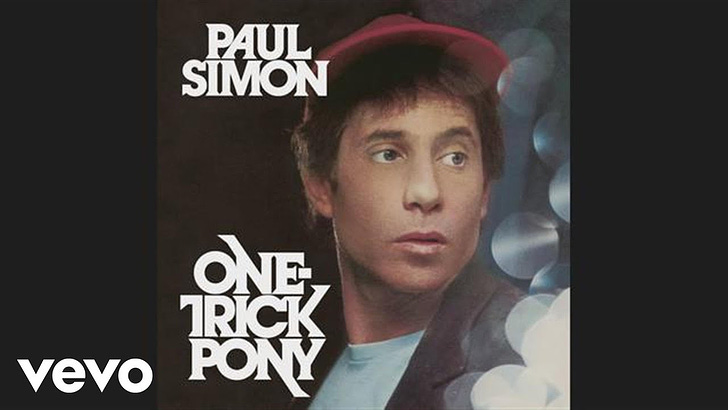Paul Simon Was No "One-Trick Pony"
He Also Wasn't Elvis, So He Needed His Own Strategy: From a 1980 Interview
Three movie critics were standing in the lobby of a screening room after seeing One-Trick Pony, which stars Paul Simon as Jonah Levin, a once famous folk singer who sang a generational anthem from the 1960s. One hit: A One-trick pony. A dozen years later, Levin is playing smaller and smaller clubs. Driving in a van with his band through the decaying industrial midwest of the late 1970s, the culture he once represented has moved on, made him a curio.
I thought it odd that these professional movie critics could not tell the difference between a movie and reality. They wondered if Simon's solo career in the 1970s had been such a bust (it was anything but), why was he so unhappy. I wanted to grab them by the lapels and remind them: It's only a movie!
[Simon also wrote the screenplay and of course, wrote and performed the soundtrack music. The album is excellent, and opens with the hit "Late in the Evening."]
Simon smiled when I told him this in an office in midtown Manhattan in 1980, and s…
Keep reading with a 7-day free trial
Subscribe to Critical Conditions by Wayne Robins to keep reading this post and get 7 days of free access to the full post archives.



